MATT HOULBROOK is professor of cultural history at the University of Birmingham.
The University of Chicago Press, Chicago 60637
The University of Chicago Press, Ltd., London
2016 by The University of Chicago
All rights reserved. Published 2016.
Printed in the United States of America
25 24 23 22 21 20 19 18 17 16 1 2 3 4 5
ISBN -13: 978-0-226-13315-7 (cloth)
ISBN -13: 978-0-226-13329-4 (e-book)
DOI : 10.7208/chicago/9780226133294.001.0001
Library of Congress Cataloging-in-Publication Data
Names: Houlbrook, Matt, author.
Title: Prince of tricksters : the incredible true story of Netley Lucas, gentleman crook / Matt Houlbrook.
Description: Chicago ; London : University of Chicago Press, 2016. | Includes bibliographical references and index.
Identifiers: LCCN 2015042768| ISBN 9780226133157 (cloth : alk. paper) | ISBN 9780226133294 (e-book)
Subjects: LCSH: Lucas, Netley. | Swindlers and swindlingEnglandBiography. | CriminalsEnglandBiography. | Authors, EnglishBiography. | BiographersEnglandBiography. | EnglandIntellectual life20th century. | Popular literatureEngland20th centuryHistory and criticism.
Classification: LCC HV 6692. L 83 H 68 2016 | DDC 364.16/3092dc23 LC record available at http://lccn.loc.gov/2015042768

This paper meets the requirements of ANSI / NISO Z 39.48-1992 (Permanence of Paper).
I mistrust all frank and simple people, especially when their stories hold together.
ERNEST HEMINGWAY , The Sun Also Rises (1926)
This book has been a long time coming. Writing about a confidence trickster has been a way of working through my own professional crisis of confidence. All historical writing is autobiographical in some way.
All historical writing is also cowriting. The single name on the cover belies how this book could not exist without the rich scholarship on which I have been able to draw. Nor could it exist without the intellectual, professional, and personal support that has sustained me over the years. Acknowledging my debts here is a rare privilege.
It is not always easy to find someone given to telling stories and changing names. My research was made simpler than it might have been by those who gave up their time and shared their knowledge when I asked for help. More than most, I have relied on the kindness of academic strangers. Brenda Roberts and Gina Worboys of the Old Bedfordians Club passed on Bedford School records. Steve Holland and Mike Ashley were generous with their remarkable knowledge of 1920s and 1930s popular magazines. Archivists and librarians patiently answered my questions and helped me find material. The list is long, but in Britain it includes Carole Jones at the Modern Records Centre, University of Warwick; Helen Broderick at the British Librarys Modern Literary Manuscripts collection; Frances Pattman at the Archives and Corporate Records Services of Kings College London; Howard Greenwood at the Records Management Branch of the Metropolitan Police; Madelin Terrazas at the Churchill Archives Centre, Churchill College, Cambridge; Matthew Piggott at the Surrey History Centre; and Lorna Standen at Herefordshire Record Office. Pamela Clark and her colleagues at the Royal Archives, Windsor Castle, identified rich material in their collections and painstakingly corrected the mistakes in my transcriptions; this material appears here thanks to the permission of Her Majesty Queen Elizabeth II.
Following someone across national borders has left me further indebted to archivists, librarians, and others across the world. In the United States I have benefited from the help of David Kessler at the Bancroft Library, University of California, Berkeley; Sigrid Pohl Perry and Scott Kraftt at Northwestern University Library; Susan Halpert and Heather Cole at the Houghton Library, Harvard University; Mary Robertson at the Huntington Library; and Elspeth Healey at the Harry Ransom Center, University of Texas at Austin. Stephen Maynard and Christine Grandy kindly took time out from their research to search Canadian newspapers and the City of Toronto and Ontario Archives. Kate Gleeson, Bridget Griffen-Foley, and John Tebbutt; Sally Jackson, Maryanne Doyle, and Angus Johnstone at the National Film and Sound Archive of Australia; and David Kidd at Radio Station 2GB helped me to track down the script of an obscure 1950s radio play. Sometimes my questions quickly reached a dead end; more often I found surprises and exciting lines of inquiry.
It is inevitable that parts of this book have appeared behind different names and other masks over the past ten years. I am grateful to the publishers and editors who have allowed me to reproduce bits and pieces in the pages that follow. These include Manchester University Press for permission to use parts of Thinking Queer: The Social and the Sexual in Interwar Britain, first published in British Queer History: New Approaches and Perspectives, ed. Brian Lewis (Manchester, UK: Manchester University Press, 2013); and Oxford University Press for permission to use revised fragments of Fashioning an Ex-Crook Self: Citizenship and Criminality in the Work of Netley Lucas, Twentieth Century British History 24, no. 1 (2013). Portions of appeared as Commodifying the Self Within: Ghosts, Libels, and the Crook Life-Story in Interwar Britain, Journal of Modern History 85, no. 2 (2013), 2013 by the University of Chicago.
The institutions I have worked at have given me intellectual stimulation and the time and space to be a historian. I started this book at the University of Liverpool, struggled on at Oxford, and finally finished the manuscript at the University of Birmingham. It has been my good fortune to work with engaged and passionate undergraduate historians throughout this period. My students have been among my most strident critics and the most important influence on how I think about modern Britain. In humoring my obsessions, they have also been skeptical enough to ask the hardest question you can pose to a historian: so what? Fingers crossed, I have managed to give a decent answer. The manuscript would never have been completed without a period of research leave provided by a British Academy Mid-career Fellowship: the reminder that I am getting older is a small price to pay for its generous support. Aileen Mooney and Craig Clunas at Oxford, and Sally Baggott at Birmingham provided constructive criticism that made my funding application more convincing than I could. As well as being a meticulous copyeditor, Sally has an intuitive and enviable grasp of what a research project is really about. Moving to Birmingham came at exactly the right time to reinvigorate my intellectual and professional life. It is an exciting place to be a historian, and my colleagues in the Department of History and Centre for Modern British Studies have created an environment that is stimulating and supportive in equal measure. Thank you, in particular, to Nick Crowson, David Gange, Matthew Hilton, Simon Jackson, Chris Moores, Sadiah Qureshi, Corey Ross, Gavin Schaffer, and Kate Smith. I am indebted to Corey, Michael Whitby, and the School of History and Cultures for further financial support.


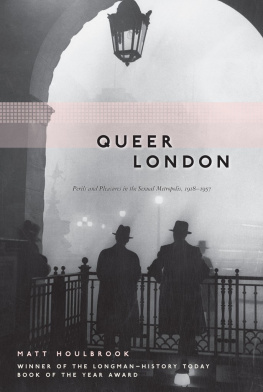
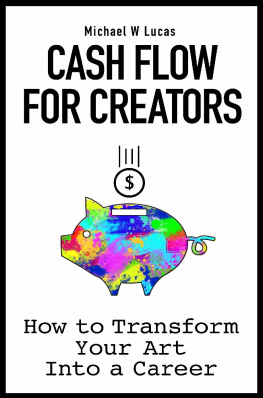
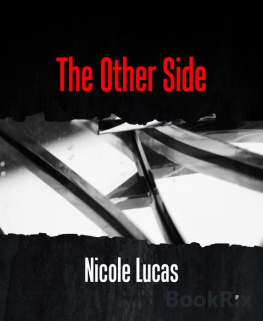
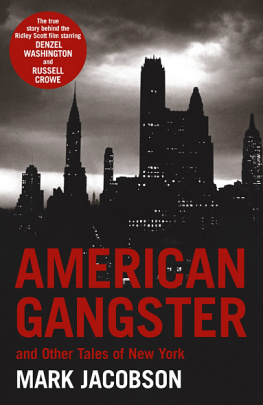
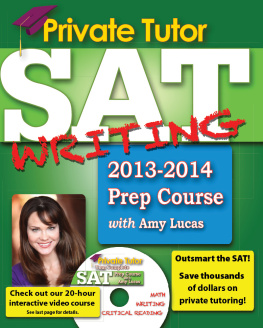
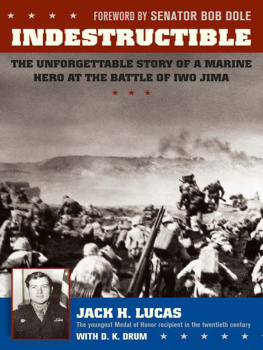
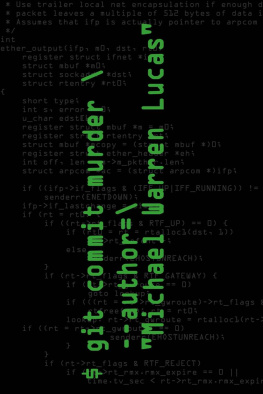
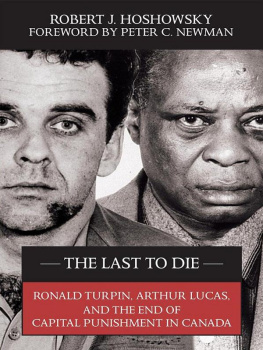
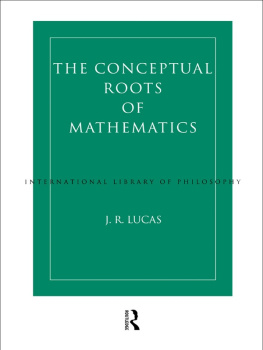
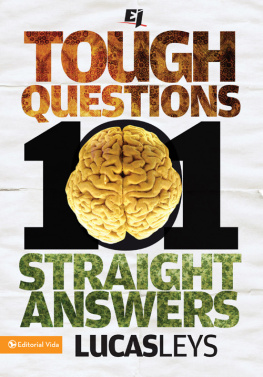
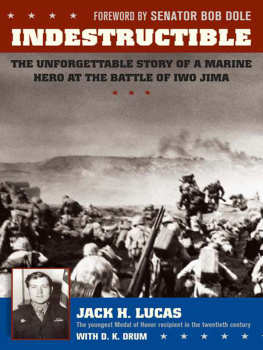
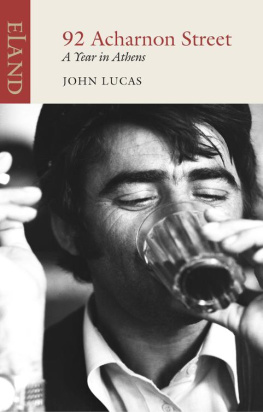

 This paper meets the requirements of ANSI / NISO Z 39.48-1992 (Permanence of Paper).
This paper meets the requirements of ANSI / NISO Z 39.48-1992 (Permanence of Paper).